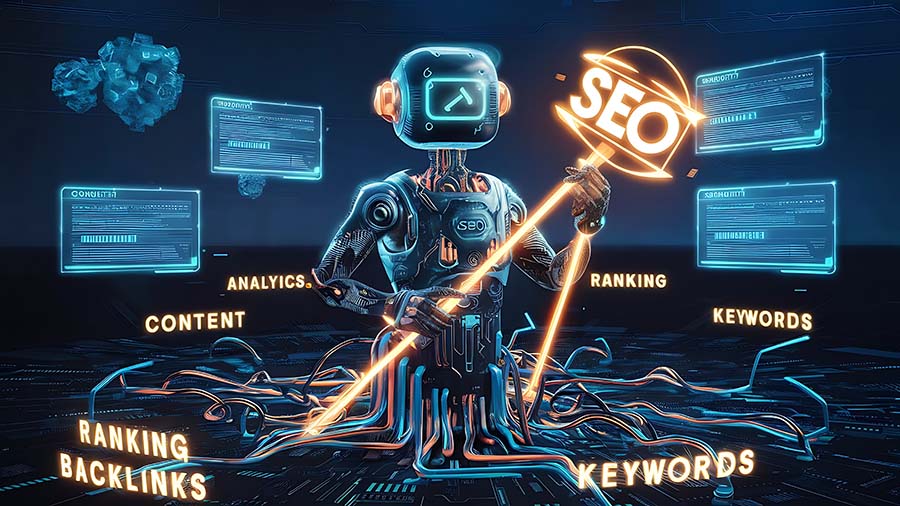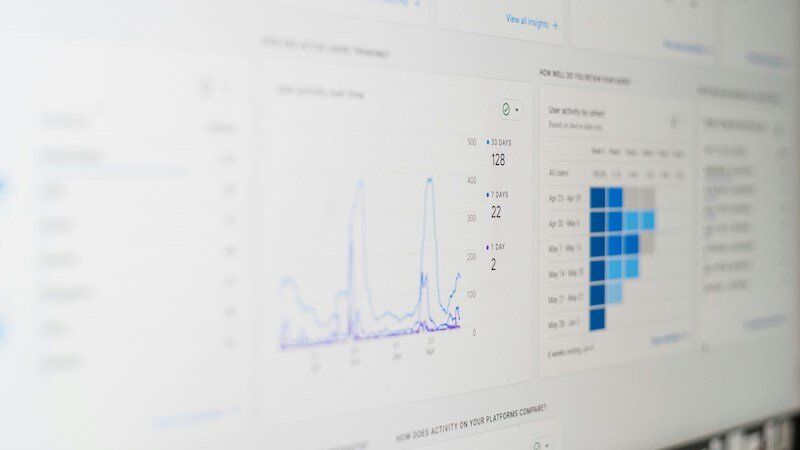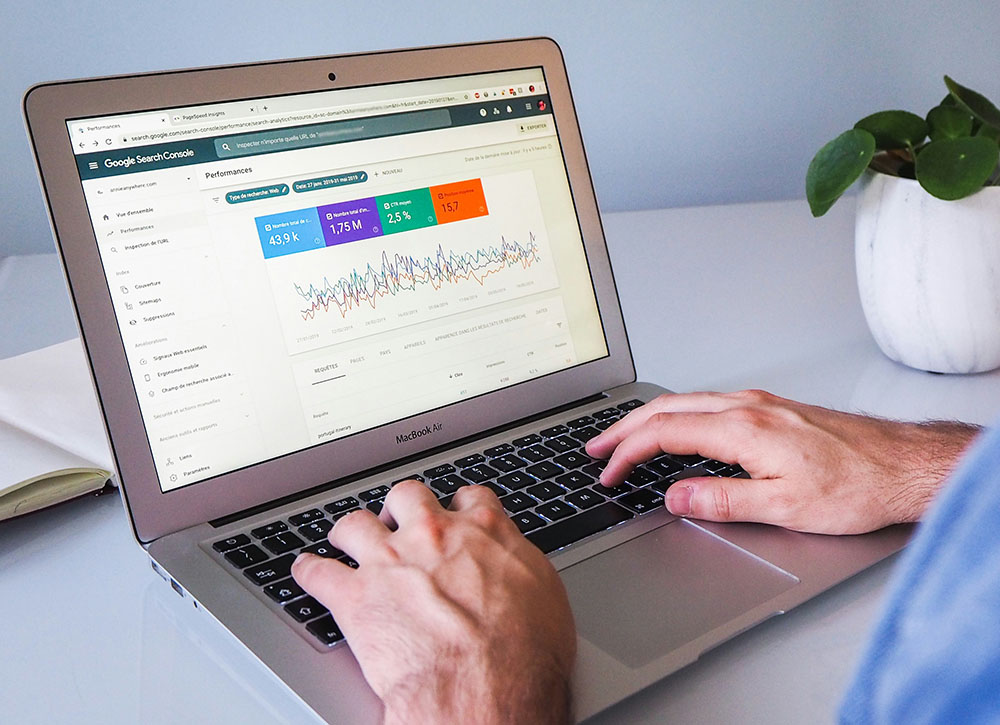Using AI in SEO can significantly streamline processes, enhance content quality, and improve performance. Here's how to integrate AI effectively into your SEO strategy:
AI for Keyword Research
- Tools: AI-powered platforms like SEMRush, Ahrefs, or Ubersuggest.
- Benefits: Identify high-performing keywords, long-tail keywords, and content gaps more efficiently.
- How: Use AI to analyze trends, competitor strategies, and search volume patterns to discover untapped opportunities.
Content Creation
- AI Writing Tools: Platforms like ChatGPT, Jasper AI, and Writesonic can generate content ideas, outlines, or even drafts.
- Best Practices:
- Ensure AI-generated content is edited for accuracy and brand voice.
- Combine AI with human expertise to add originality and value.
Content Optimisation
- SEO Content Tools: Tools like Surfer SEO and MarketMuse suggest improvements for content structure, readability, and keyword usage.
- AI Assistance: Use AI to assess competitor pages, recommend headings, and improve on-page SEO.
Predictive Analytics for Trends
- AI Tools: Google Analytics (with AI features), Crimson Hexagon, and BuzzSumo.
- How: AI predicts search trends, seasonal behavior, and potential future shifts in keyword popularity.
Improving User Experience
- Chatbots: AI-powered chatbots like Intercom or Drift enhance website navigation and user satisfaction.
- UX Testing: Use AI tools like Hotjar or Crazy Egg for heatmap analysis to improve user flow and reduce bounce rates.
Technical SEO
- AI Crawl Tools: Tools like Screaming Frog and DeepCrawl identify and fix crawl errors, broken links, or duplicate content.
- Automation: AI can automate repetitive tasks like XML sitemap updates and canonical tag management.
Content Personalisation
- AI Personalisation Tools: Platforms like Dynamic Yield or Optimizely help tailor content based on user behavior.
- Benefit: Serve unique, personalized content recommendations to boost engagement and conversions.
Voice Search Optimization
- AI Natural Language Processing (NLP): Use AI to analyze and optimize for conversational keywords and voice queries.
- Voice Tools: Optimize for tools like Alexa and Google Assistant with AI-driven schema and metadata recommendations.
Competitor Analysis
- AI Tools: Platforms like SimilarWeb and SpyFu leverage AI to analyze competitor strategies, backlinks, and traffic sources.
- Insights: Discover gaps in your strategy and areas for improvement.
Automating Reports
- Tools: AI dashboards like Google Data Studio or BrightEdge generate detailed, automated SEO reports.
- Why: Saves time and provides actionable insights into performance metrics.
AI-Powered Image and Video SEO
- Optimisation Tools: Use AI tools like Canva's Magic Resize or Runway for optimized visual content.
- Search Tools: Leverage Cloudinary for AI-based image tagging and structured data to enhance search visibility.
Key Takeaway: While AI can accelerate and refine SEO processes, it should complement human creativity and expertise, ensuring that content aligns with user intent and brand goals.





